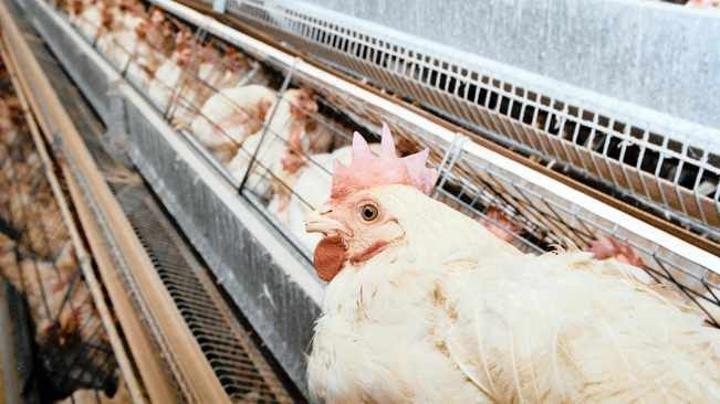Africa-Press – South-Africa. CAPE TOWN – NEARLY R70 billion has been invested in reigniting key industrial sectors that drive economic growth and job creation, officials from the Department of Trade, Industry and Competition (dtic) told members of Parliament’s Portfolio Committee on Trade and Industry yesterday.
To date, four master plans were being implemented, the dtic said in a statement. The plans were for the automotive, poultry, sugar and retail – clothing, textile, footwear and leather (R-CTFL) – industries. Master plans for the steel and furniture sectors still had to be finalised.
The total investments in these master plans included R60bn in the automotive industry, R6.7bn in the R-CTFL sectors, R1.5bn in the poultry industry, and R1bn in the sugar industry.
The dtic’s deputy director-general for industrial development, Thandi Phele, told the committee the implementation of the master plans was already bearing fruit in the four sectors.
Poultry production had increased 5 percent in the first eight months of last year compared with the same period in 2019, with the production of an additional one million birds a week.
The South African Poultry Association made new investments of R735 million out of the R1.5bn commitment, and some 428 jobs were created, she said.
The main objectives of the poultry master plan were to reorientate the industry towards exports, reclaim the domestic market, and change the economic value extraction of premium meat (breasts) and discounted meats (bone in thighs).
In the R-CTFL sector, 40 jobs were saved at the new flip flop factory at
Pep Clothing as a result of a R25m investment. An additional R564m was committed from key players – Pepkor (R30m), Foschini Group (R350m) and Glodina (R184m) – which had saved 4 300 jobs.
Phele said the dtic was working with the National Economic Development and Labour Council, the National Treasury and provincial authorities, to monitor and enforce 100 percent local content for the clothing, textile, footwear and leather sectors.
The South African Sugar Association set aside R1bn over five years towards transformation, and R575m had been allocated to remedy inequalities experienced by black sugar cane growers.
Phele said the recent investment of R15bn by Ford Motor Company South Africa at the Tshwane Automotive Special Economic Zone was one of the major moves in the automotive sector.
[email protected]
BUSINESS REPORT






